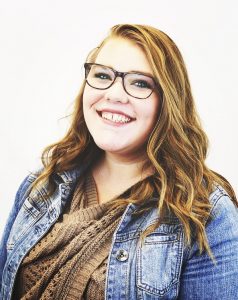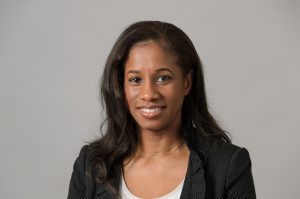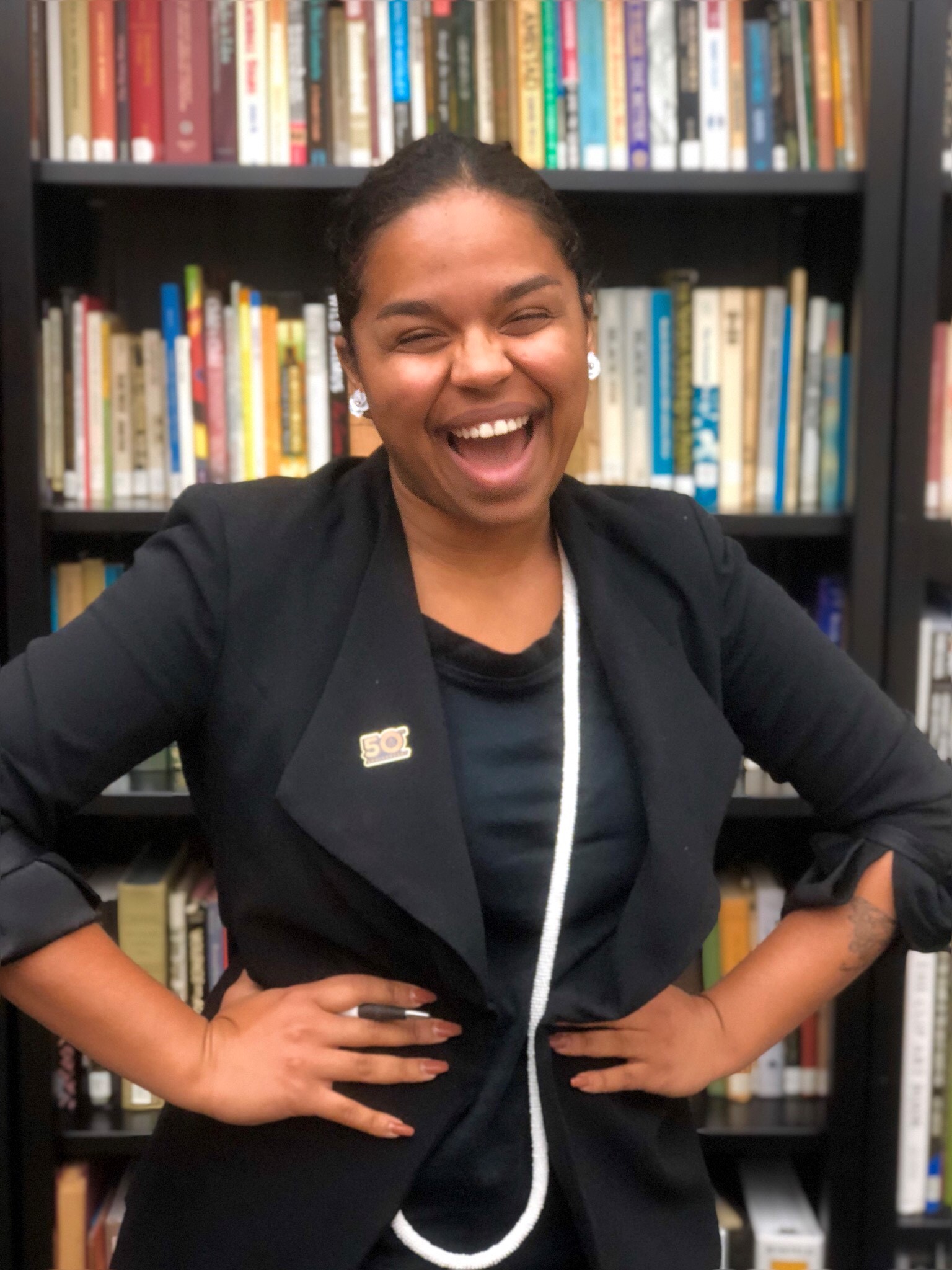Long before Brenna Turer (HESA ‘19) found her path in UConn’s Higher Education and Student Affairs (HESA) master’s program, she knew she would work in education. As an undergraduate at Gettysburg College in Pennsylvania, she earned her English/Language Arts teaching certificate and was planning to become a middle or high school teacher. At the same time, she worked as a resident assistant (RA) on campus and found herself increasingly drawn to working with students outside of the traditional teaching role.
Upon completing her bachelor’s degree, she decided to follow that growing passion and took a position as a Hall Director at High Point University in North Carolina. That role solidified her desire to pursue student affairs as a career, and so she began to apply for graduate programs. “I wanted a program that would let me continue my practice and also gain the theoretical grounding that would help me support students in all areas of learning,” says Turer. The UConn HESA program, she decided, was just that program.
Brenna Turer (HESA ’19)
The most rewarding part of the HESA program, says Turer, has been the relationships she’s built. For her graduate assistantship, she works in UConn Residential Life as an Assistant Residence Hall Director.
“There are some RAs I’ve been supervising since my first semester here at UConn,” says Turer. “I’m so fortunate to get to work and learn with them. A lot of them are getting these awesome jobs or applying to graduate programs themselves now. I feel lucky to be a part of that growing process.”
She also emphasizes the importance of the relationships she’s formed within HESA. “I came in thinking that my faculty advisor, Dr. Castillo-Montoya, would really be the only person I could go to,” she says. “She’s been amazing, but there’s also support all around; other members of my cohort, other faculty members, and practicum supervisors. It’s been especially great to be on the student end of things again, sharing class time with other HESA students.”
Graduate school is not without its challenges, but Turer says she’s managed to learn from the difficult parts. “There was new leadership in my residential area this year, and change can be challenging when you’re working with a group of people,” says Turer. “I learned how to advocate for my students and their voices, and also to help them be open to the change themselves.” As a student and practitioner at the same time, she faces diverse demands on her time that make balance and prioritization key. “A student in a previous HESA cohort once told me, ‘whatever you do, find your people,’” says Turer. “Sometimes it can be hard to find time to spend with ‘my people’–my partner, my friends–but it’s so important. I love going hiking on the weekends, visiting different breweries, just going on adventures.”
Turer’s advice to incoming HESA students is keep things in perspective. “HESA is such a fantastic community and it’s easy to get so wrapped up in the day-to-day, but sometimes you need to remember that there’s life outside of HESA,” says Turer. “Get off campus sometimes; remember that this is one of many parts of your life.” She also highlights the importance of finding your own way in the world of student affairs.
“You don’t always have to follow the ‘typical’ student affairs path; there are so many different paths you can take!” says Turer. “Know who you are, trust yourself, try not to compare yourself to others, and it will all work out.”


 C
C